England’s captain call for red-ball reset hides other failures
Somehow a better balance has to be struck in England’s domestic game. The white-ball rebalance has gone too far
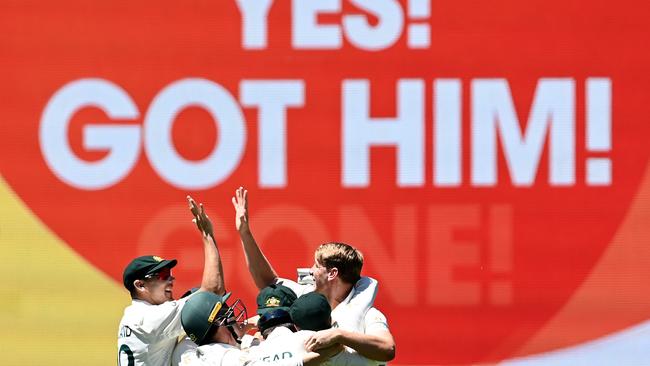
The late Australian philosopher David Stove had a ready explanation for why his countrymen have had more success in the Ashes. “The margin of superiority is slight but it is consistent and therefore calls for an explanation. My own belief is that it is due to a difference in attitude, that whereas the Australians hate the Poms, the Poms only despise the Australians,” he wrote.
Yet there was little sign of any hatred in this series, although Australia’s will to win was evident enough. Under Pat Cummins, a fast bowler with a ready smile, the snarl was gone and even the calls from some former players, on both sides, for the teams to get nasty sounded hollow. No, Australia had no need for the barbs, they simply played much better and sharper cricket, hammering away at the fundamentals until England were broken.
Catch every moment of The Ashes live and ad-break free during play on Kayo. New to Kayo? Try 14-days free now.
Their bowling was quicker and as accurate; their spinner, Nathan Lyon, spun the ball harder, producing more drop and turn; their catching was more clinical around the bat; their ground fielding more athletic and urgent; their batting, in the main, more orthodox. Australia are the World T20 champions, but when it comes to the basics of first-class cricket they still excel.
It is because of this, rather than any hatred, that there is the margin of superiority referred to by Stove, slight though it may be. Australia have now won 34 Ashes series to England’s 32, while the tally of individual Test victories shows a marked difference (139 to 108). When England get beaten in a series, they often do so by bigger margins than Australia, collapsing to defeat rather than going down tooth and nail.
A five-match series such as this examines the robustness of the respective first-class systems. Australia have called on Jhye Richardson, who took a five-wicket haul in Adelaide, and Scott Boland, who took a six-wicket haul in Melbourne. They looked oven-ready for Test cricket, which in the case of the latter, after a career as a first-class cricketer with Victoria, is as good a recommendation as possible for the Sheffield Shield.
In the aftermath in Melbourne, there were some words from Chris Silverwood, but not many of them from the head coach carried any meaning. From Joe Root there was one important line, when the captain wondered whether English cricket needed a reset for the red-ball game, in the same way that white-ball cricket was given attention after the low point of the 2015 World Cup. His comments were half-formed, loosely articulated and lacked detail, but are important to tackle.
This is what he said: “The environment that they (his players) are coming from is not readying them well enough for Test cricket, and it’s a very difficult place to improve in that Test environment. Where the game is at in our country, the only place you can learn is in the harshest environment for what is quite a young batting group. Maybe you look at 2015 and the reset that happened in white-ball cricket; maybe that’s something that needs to happen in our red-ball game as well.”
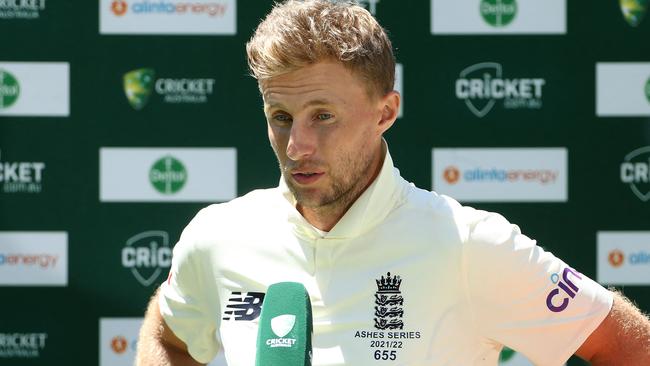
Root is on tricky ground here because he is deflecting criticism to some extent, and it must be said that this error-strewn series reflects very badly on him and Silverwood. The difference between the sides is not as big as has appeared and mistakes around selection and strategy have exacerbated them. No one should forget that, and that personal responsibility should not be lost, especially for Silverwood, who is out of his depth. This has been the worst of the Ashes tours I have covered as a journalist (which have included two whitewashes).
That said, England have now lost 12 out of 13 Tests in Australia in the past eight years and the malaise goes beyond this series. Only a fool would not see more deep-seated issues. Such as the fact that England have not really produced a Test-class batsman, who has enjoyed sustained success, since Root himself almost a decade ago. Such as the fact that no one can really establish a cohort of names from the county game who would be guaranteed to improve matters. Such as the fact that top-class spinners are thin on the ground.
So what would a red-ball reset look like? Better pitches, for sure. Hard, true and demanding of bowlers. There are those who would eschew the Dukes ball, but it provides a welcome contrast to the Kookaburra, in my view. Talent is spread too thinly, there is too much cricket, there are too many formats, too little time and too little quality. Somehow a better balance has to be struck in our domestic game. The white-ball rebalance has gone too far.
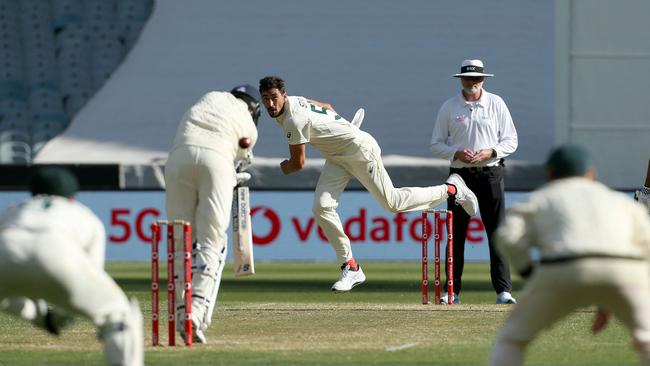
The last issue is a fundamental one for the ECB. At the moment it is positioning the game with a view to a future dominated by short-form cricket. It is, at heart, a commercial positioning and one that some would recognise as sensible. After all, how many countries will be playing Test cricket in years to come?
Yet there exists a substantial portion of supporters in the UK – hard to say, but it seems a majority – for whom Test cricket really matters, and Ashes cricket most of all. Looking at the readers’ comments in The Times under the online pieces from this series, it has been hard not to notice a growing sense of anger and frustration, sometimes directed at the writers themselves, as the series has headed south. Fans care and do not like to see their Test team humiliated, and that frustration has burst forth.
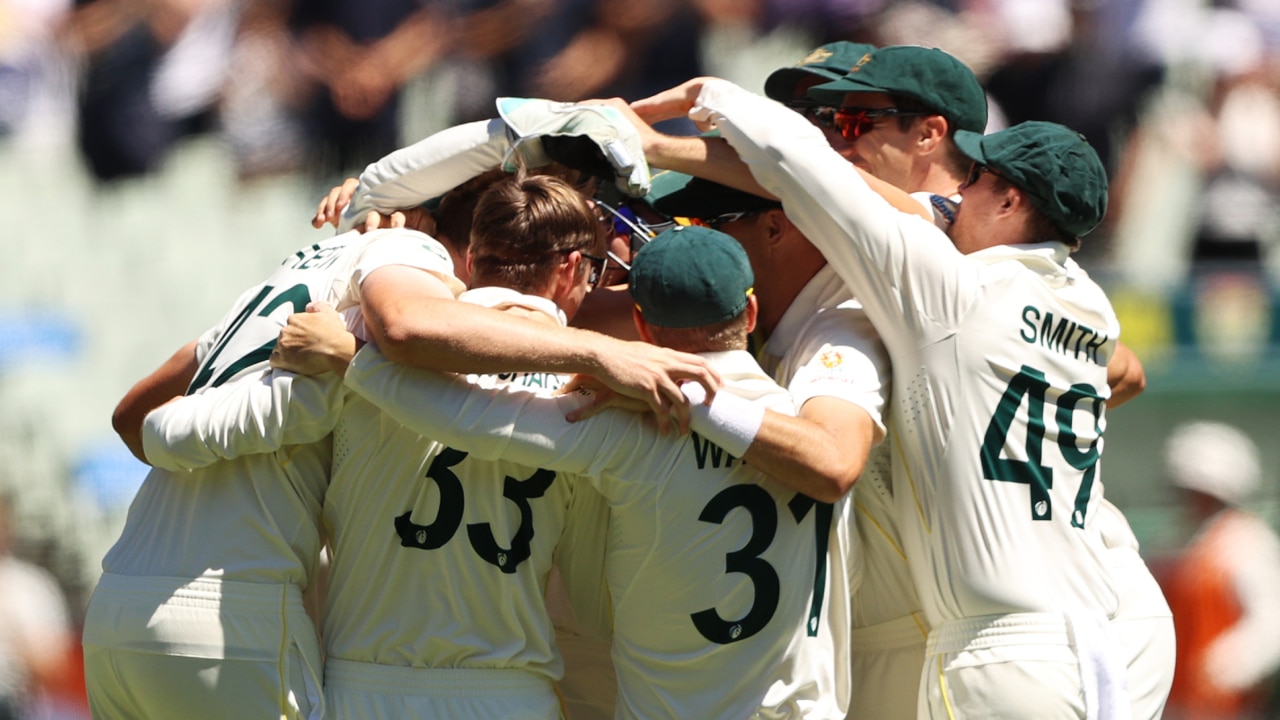
They sense that first-class cricket, and by extension Test cricket, has not been given due care and attention, has been neglected even and undermined; they sense that the team are asked to perform despite hurdles put in their path. The schedule, for example, in which little first-class cricket is played in the high-summer months, or selection in the winter that compromised the task of trying to compete in India. All these challenges are linked to the prioritising of the more commercially productive forms of the game.
As these critical questions must be tackled with care and imagination, so there is a distinct lack of authority at the heart of the ECB. After Ian Watmore’s resignation, there is no chairman of the board. There is an absence of fundamental cricket knowledge sitting around the table. Tom Harrison, the chief executive, has been there seven years, and has faced a wearying time with Covid and other crises affecting the game. Those in positions of cricketing influence lack strategic awareness.
Long after Root had left the field in Melbourne, dead-batting questions about his own future, the nature of his team’s latest abject Ashes humiliation and the need for a red-ball reset, there was a scene reminiscent of a decade ago when England’s players and families took to the MCG outfield and began games of cricket having enjoyed a rare Ashes triumph here. This time it was Australia’s players and families planting stumps on the outfield for an impromptu celebration.
Ten years ago, if there was some navel-gazing from Australia, it was not as fierce, prolonged or as agonised as the inevitable inquests that will follow England’s defeat now. Maybe that has something to do with national character. Equally, there remains high confidence in the strength and robustness of Australia’s production line. On the used (but not that used) Test strip, one toddler took up residence at the crease, raising his plastic bat high in readiness. The next generation, waiting to strike.
The Times





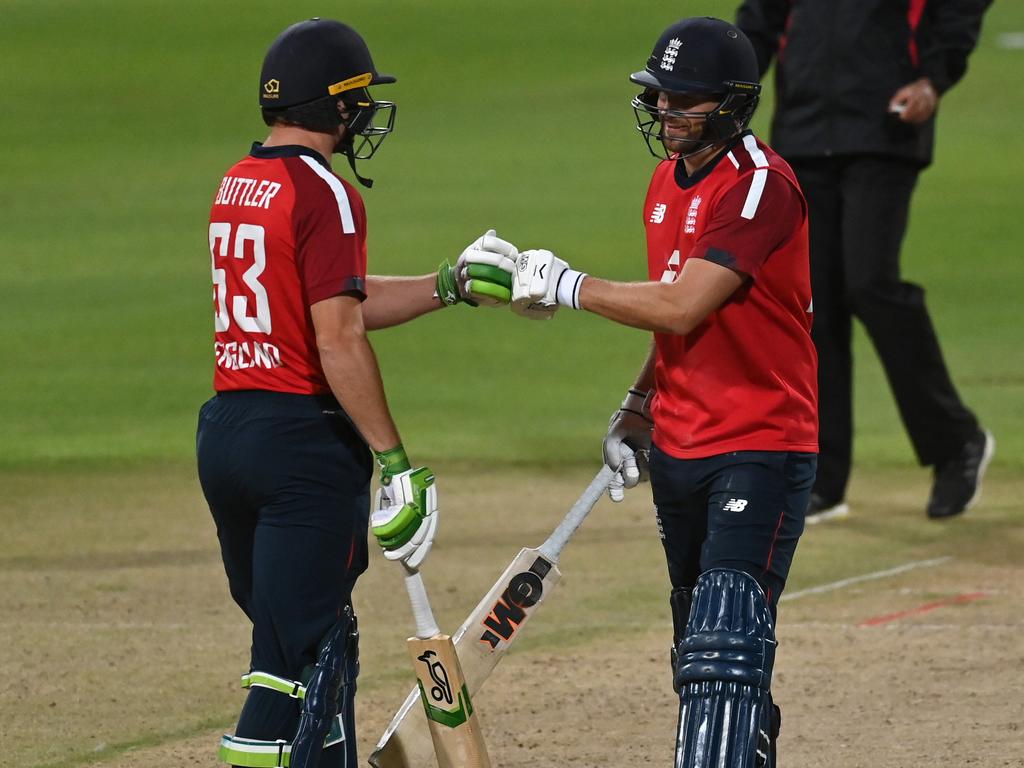


To join the conversation, please log in. Don't have an account? Register
Join the conversation, you are commenting as Logout